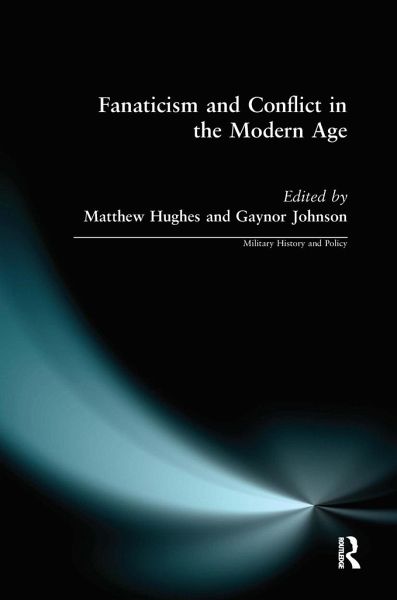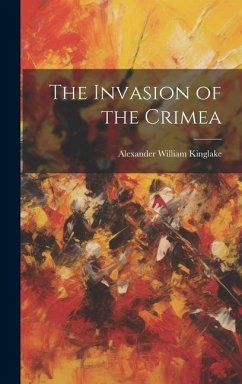
Fanaticism and Conflict in the Modern Age
Versandkostenfrei!
Versandfertig in über 4 Wochen
58,99 €
inkl. MwSt.
Weitere Ausgaben:

PAYBACK Punkte
29 °P sammeln!
What is fanaticism? Is the term at all useful? After all, one person's fanatic is another's freedom fighter. Throughout history there have been fanatics eager to pursue their religious, political or personal agendas. Fanaticism has fuelled many of the conflicts of the twentieth century, in particular the theatres of combat of the Second World War. More recently, religious fanaticism has bedevilled affairs in the Middle East and elsewhere. Is fanaticism becoming more fanatical in the new millennium?
As the events of 11 September 2001 prove, fanaticism, however it is defined, continues to dominate international affairs. This volume presents new and established scholars writing on a range of subjects from the Dervishes of the 1890s to the terrorism and guerrilla wars of the post-1945 period. The volume covers the nature and philosophy of fanaticism, the connection between political ideology and fanaticism, and the relationship between fanaticism and war in the contemporary era. To illustrate these themes, the volume presents a broad range of case studies including the Dervishes in the Sudan in the 1890s, fanaticism in the context of the Pacific war, 1937-45, the 12th SS Hitler Jugend Division in action in Normandy in 1944, the German army on the Eastern Front, and terrorism and guerrilla war after 1945.
As the events of 11 September 2001 prove, fanaticism, however it is defined, continues to dominate international affairs. This volume presents new and established scholars writing on a range of subjects from the Dervishes of the 1890s to the terrorism and guerrilla wars of the post-1945 period. The volume covers the nature and philosophy of fanaticism, the connection between political ideology and fanaticism, and the relationship between fanaticism and war in the contemporary era. To illustrate these themes, the volume presents a broad range of case studies including the Dervishes in the Sudan in the 1890s, fanaticism in the context of the Pacific war, 1937-45, the 12th SS Hitler Jugend Division in action in Normandy in 1944, the German army on the Eastern Front, and terrorism and guerrilla war after 1945.














